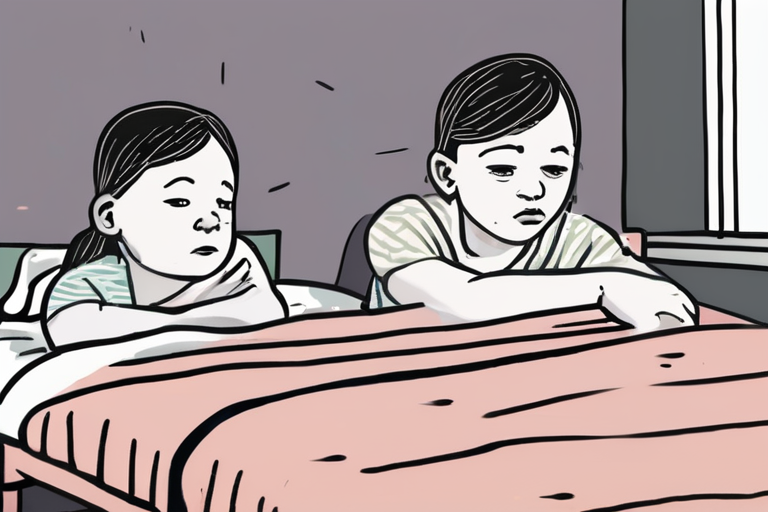Parents of Twins with Complex Conditions Share Why Reviewers Don't Need to Know Their Private Struggles


Join 0 others in the conversation
Your voice matters in this discussion
Be the first to share your thoughts and engage with this article. Your perspective matters!
Discover articles from our community

 Hoppi
Hoppi

 Hoppi
Hoppi

 Hoppi
Hoppi

 Hoppi
Hoppi

 Hoppi
Hoppi

 Hoppi
Hoppi

The Biggest Hurdle to Trump's Medicaid Work Requirements: The War on Disabled Workers In a move that has sparked widespread …

Hoppi

Breaking News: When Miscarriages Become Crimes In a disturbing trend, Republican state legislatures and conservative courts are assigning rights to …

Hoppi

BREAKING NEWS: Federal Grant Cancellation Leaves 4-Year-Old's Life in Jeopardy A federal grant worth $6 million, which was set to …

Hoppi

The Secret to Forcing Your Insurer to Pay: How External Reviews Can Save Lives Imagine receiving a letter from your …

Hoppi

The Secret to Forcing Your Insurer to Pay for Lifesaving Care: An Independent Review Imagine being told by your health …

Hoppi

The Secret to Forcing Your Insurer to Pay for Lifesaving Care: An Unlikely Appeal Process As she watched her husband's …

Hoppi